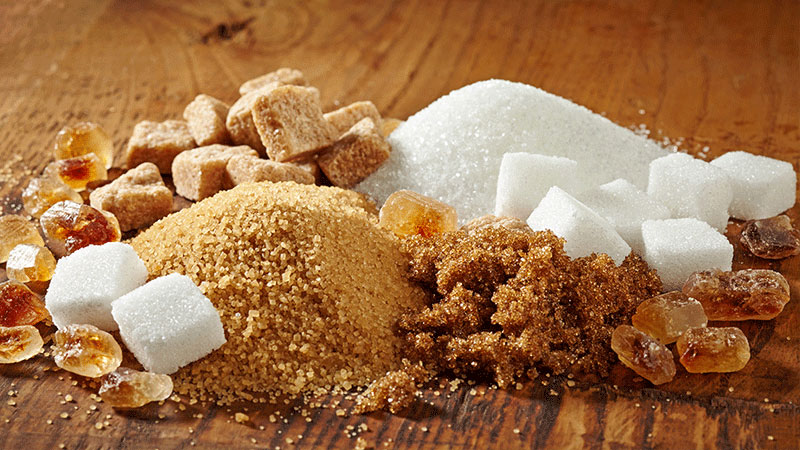Sugar

Learn the difference between naturally occurring sugar and added sugar and what AHA recommends. Look through the articles in this section to learn more about sugar, added sugars and other sweeteners.
Featured Articles


Learn the difference between naturally occurring sugar and added sugar and what AHA recommends. Look through the articles in this section to learn more about sugar, added sugars and other sweeteners.
